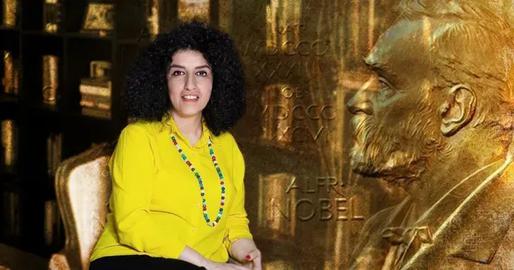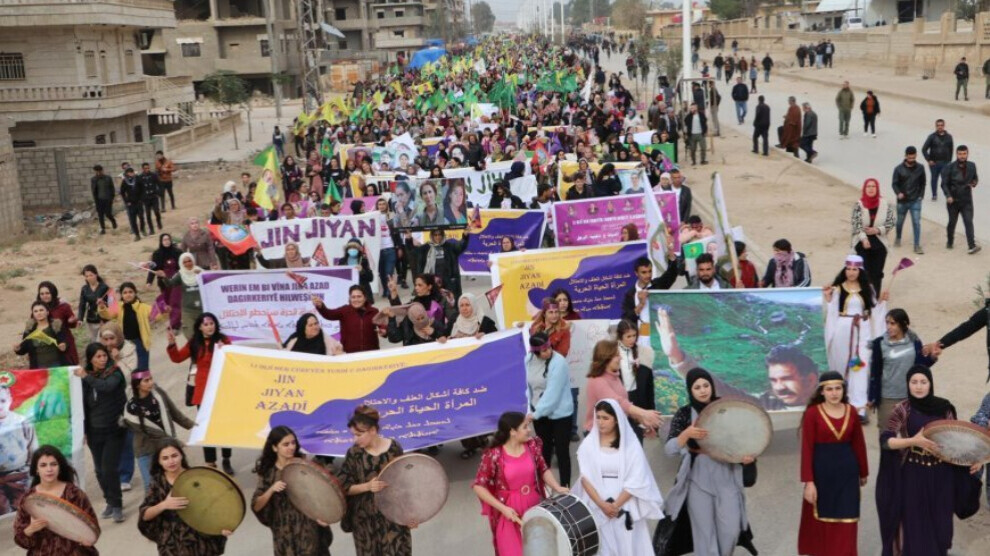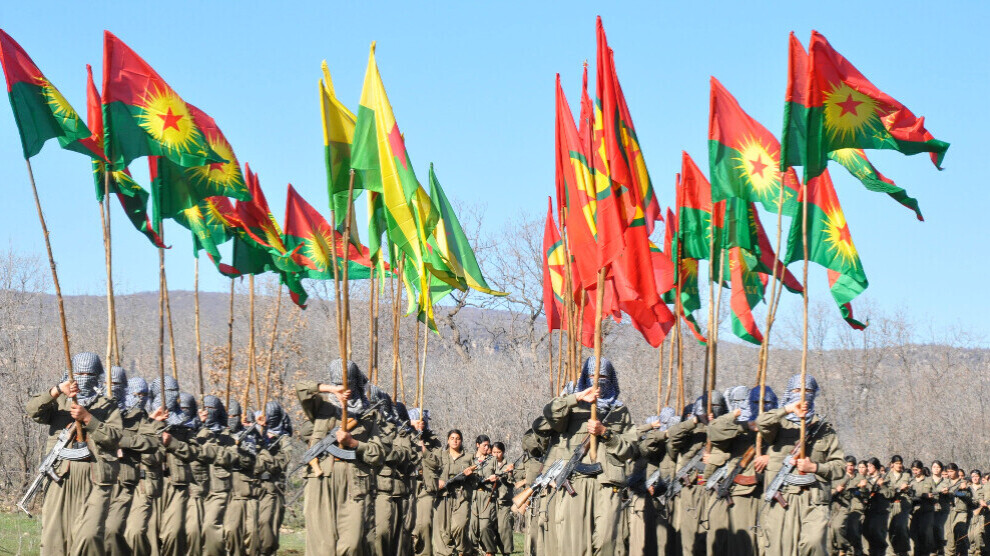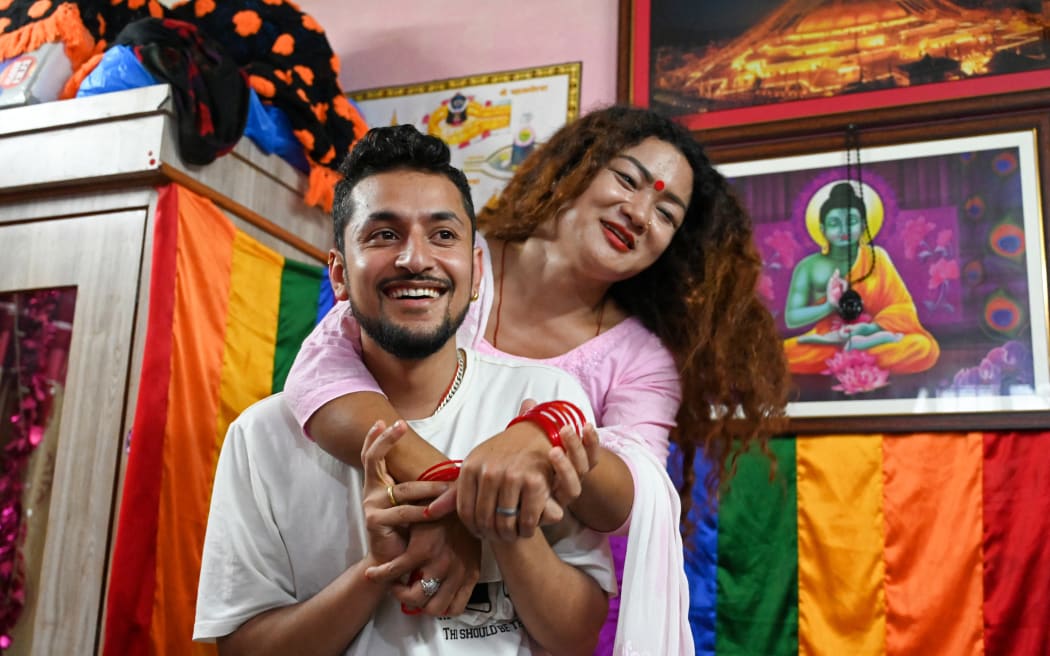Bulgaria grapples with coal sector protests as it navigates a shift to green energy. Misinformation and media gaps hinder the transition, impacting public perception and readiness for the EU Green Deal.
Published on 30 November 2023
Georgi Staykov
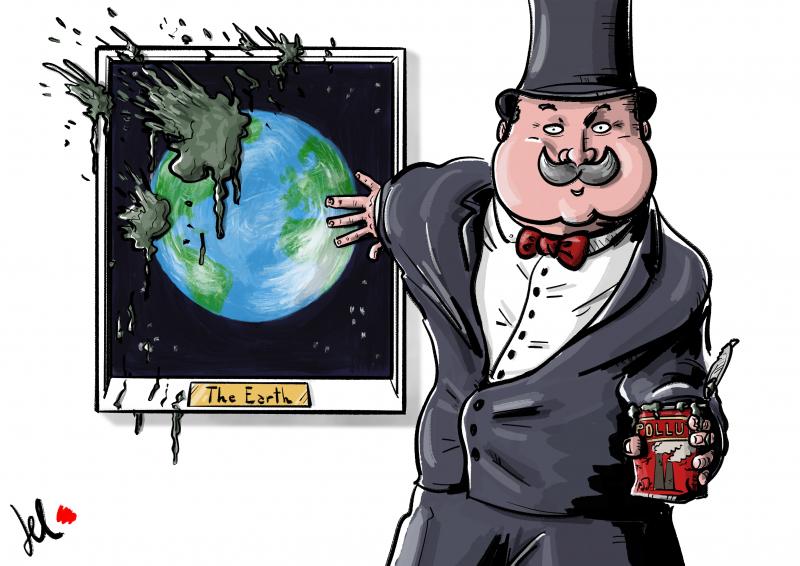
A protest-torn Bulgaria stands at a crossroads. The country’s coal sector and the government seem more at loggerheads than ever. On 28 September this year, miners and energy workers, with the support of trade unions, blocked key road arteries in the country to demonstrate against plans for transitioning to green energy.
On 29 September, one day before the deadline, the Council of Ministers sent the territorial plans for the Just Transition Fund (JTF) to the European Commission. This led to discontent in the sector. The miners, energy workers and trade unions drew up a list of six specific demands and invited the government to a discussion in the Parliament. The meeting took place on 3 October and ended with the signing of an agreement that marks the beginning of more detailed negotiations.
More : The media and climate activists: Shooting the messenger
Media coverage in Bulgaria has focused on the roadblocks and on the question of who promised what. Headlines have focused on "The uprising of the miners and energy workers" and the attempts by certain prominent political figures to "quell" it. The Bulgarian media has yet to produce a sober analysis which might explain the situation to the public in a comprehensive and holistic way.
"Disinformation about the green transition and the EU Green Deal is expected to continue, especially in the context of the local, national and European elections in 2023-2024," says Remina Aleksieva, analyst for the Energy and Climate Programme at the Center for the Study of Democracy (CSD).
The European Green Deal
In December 2019, the European Commission unveiled a roadmap to turn climate change and environmental challenges into opportunities. The European Green Deal is a multilateral growth strategy focused on transforming the European Union (EU) economy for a sustainable future: "cleaner air, water and soil; lower energy bills; renovated homes; better public transport and more charging points for electric cars; less waste; healthier food and better health for current and future generations".
The target of climate neutrality by 2050 shows that the road ahead is narrow and challenging. For each member state, the scale of the challenge depends on local economic conditions and dependencies. However, the European Green Deal made few headlines in the mainstream Bulgarian media.
In 2021, the European Parliament (EP) adopted the EU Climate Law, which will make emission reductions legally binding for all EU member states. It also introduced the Fit for 55 legislative package. It has not triggered much more attention from the press.
Bulgarian energy
Between 1945 and 1989, under communist rule, Bulgaria had a centrally planned economy. After 1989, in the post-communist period, the country's goals were to diversify energy development, reduce dependence on Russia and work towards sustainability. After Bulgaria joined the North Atlantic Treaty Organisation (NATO) in 2004 and the EU in 2007, economic and political developments had an impact on energy policy. The country embarked on a journey to reduce its dependence on Russian energy, supported by a pro-EU policy.
More : Lucas Chancel: ‘Those who are most affected are those who pollute the least’
The two biggest energy projects in the country were the Kozloduy and Belene nuclear power plants (NPPs). The Kozloduy NPP was the first in Bulgaria and in southeastern Europe. At the time of Bulgaria's accession to the EU, there were heated debates about the possible reopening of units III and IV of the plant. This never came to pass, and the period is marked as an unsuccessful chapter in Bulgaria's EU accession. Currently, only two out of six units are in operation. The lack of comprehensible, in-depth media coverage contributed to an ill-informed public opinion.
The Belene NPP project has a history of more than four decades. The project has gone through several attempts at renewal and a number of freezes. In July 2023, the Bulgarian Parliament overturned its previous decision to complete the NPP and decided to negotiate the sale of the equipment to Ukraine. Again, the media coverage was insufficient to help the public understand the matter better.
In 2022, coal energy was the main source of electricity production in Bulgaria. It accounted for 42% of total electricity generation in the country, followed by nuclear energy (33%). Hydro, gas, bioenergy, solar and wind together accounted for 25%. In the first five months of 2023, coal fell by 7% to 35% and to 17% in June, while nuclear reached 47%. Solar stood at 12% and hydro at 17%.
Green challenges and impact
The Green Deal story in Bulgaria is a contrasting one. The country has some 43,000 people directly or indirectly dependent on the coal industry, according to Martin Vladimirov, director of the CSD's energy and climate programme. While the Green Deal offers an opportunity to modernise industry, infrastructure and energy production, one of the biggest challenges is the lack of transparency about how this will affect the average person in one of the EU’s poorest countries. Misperception of the Green Deal is particularly acute in the three coal regions most affected by the changes to the Just Transition plans – Stara Zagora, which is expected to receive the largest financial injection, Pernik and Kyustendil.
"There has been no systematic, holistic and widespread publicity campaign by the government to explain the purpose, key aspects and expected results and changes of the Green Deal, especially in the coal regions," says Apostol Dyankov, Climate and Energy Programme Manager at World Wildlife Fund for Nature (WWF) Bulgaria.
"We have been recommending this for the last two years, because unfortunately Bulgaria is the target of a general misinformation and disinformation campaign targeting the Green Deal as part of a larger hybrid communication operation aimed at discrediting Bulgaria's EU membership," he adds.
Public opinion in Bulgaria tends to believe that the “green agenda” is more of an imposition from “Brussels”, an assertion of European dominance. According to the European Council on Foreign Relations (ECFR), Bulgaria, classified as a "less ambitious member state", lacks the institutional capacity and political will to implement the green transition.
Bulgaria remains one of the most vulnerable countries in the EU to foreign influence, including media misinformation and disinformation: "Previous monitoring [by the CSD] in 2021 showed that most of the local disinformation related to the Green Deal was produced and disseminated by Bulgarian media and political and economic entities known for systematically amplifying the Kremlin's influence," CSD’s Aleksieva says.
One of the strongest arguments for prolonging the use of coal and fossil fuels is the lack of renewable-energy technology and investment.
"This is not true for technologies, but it is true for investments. This sector is so stagnant because of aggressive anti-renewable laws and restrictions, lack of clarity in licensing, and local resistance. [The sector is] even portrayed as belonging to oligarchs and the mafia. Bulgarians are suspicious of renewable energy. They're much more likely to support fossil solutions, despite the climate impact and lack of economic feasibility," says Dyankov.
The all-powerful coal industry
According to Lyubomir Spasov, director of the Bobov Dol coal-fuelled power plant, nearly 1,000 jobs at the plant are at risk. If the market and economic logic dictate that they have to reduce their production because there are new alternative technologies, sooner or later the plant will cease to operate. This scenario, strangely enough, seems to be coming to pass, given the development of solar technologies and the price of coal power across Europe. What cannot happen, according to Spasov, is that the coal industry is brought to a standstill by administrative decree.
"All transformations should be evolutionary, not revolutionary. We are struggling to make the next revolutionary leap and we are being led by people who may not know what they are talking about," Spasov says. "They [the government] are telling us 'these are our conditions, accept them'. That's not dialogue.”
The bottleneck created by the lack of public discussion of the Green Deal has inevitably led to the recent firestorm, forcing the current government to act due to looming deadlines. But the government's room for manoeuvre is limited. Bulgaria has already lost €100 million under the JTF in 2022. If the territorial plans for the green transitions were not submitted by 30 September, the country could have lost another €3.5 billion. If Bulgaria does not meet its commitments under the Recovery and Resilience Plan, it could lose around €17 billion. One such commitment is to reduce carbon emissions by 40% by 2026.
A weak green media agenda
The survival of a weak green media agenda is being tested, following five consecutive parliamentary elections in just two years in Bulgaria. The political instability and radicalisation following the results of the last parliamentary elections (April 2023) and the local elections in October 2023 have become the country’s most immediate challenges.
The Bulgarian media's specific choice of words on the subject of the green transition and its impact is crucial in shaping the public's perception of the Green Deal. Examples of headlines have included “Burning wood instead of renewable energy sources, and nuclear power plants instead of coal”, “Imminent riot against EU’s unrealistic climate goals”, and more extreme tabloid variants such as “The Green Deal is causing the country’s inflation”.
The main issue used to challenge the EU's green policies in Bulgaria is the potential impact of shutting down the coal industry. The pro-coal lobby claims that a functioning coal industry is an indispensable factor not only for energy independence, but also for maintaining state sovereignty and national security. In 2021, more than 70% of Bulgarians knew little about the Green Deal and even less about the country's official position on the EU's carbon neutrality target, but they did not like it and that was that.
More : Lea Vajsova: ‘There is a new wave of feminism in Bulgaria’
In June 2022, another survey was published which showed that 62% of the Bulgarian population thought that climate change was a real threat, but that 83% did not know where the money from Bulgaria's stimulus package was being spent. The situation is similar in 2023.
The common denominator in media coverage of the green agenda is that it either acknowledges the need to create a more sustainable future in the country and across the continent, but bashes the willingness, readiness and ability of Bulgarian politicians to make the transition to carbon neutrality; or it denies the need for such changes altogether, often leaning towards confusing conclusions and even deliberately misleading the public.
Bulgaria remains one of the most vulnerable countries in the EU to foreign influence, including media misinformation and disinformation
"Given Bulgaria's significant vulnerability to disinformation and the low level of information literacy in the country, the strengthening of the Kremlin's influence in Bulgarian media and political and economic institutions provides a significant headwind for Bulgaria's ability to meet its commitments under the EU Green Deal," says Aleksieva.
In addition to Kremlin disinformation and low media literacy, this situation is also a result of political pressure on editorial independence. Bulgaria does not have a well-functioning legal framework to regulate media ownership and provide safeguards against political interference. Bulgarian journalism has clearly failed to adequately unravel the complexity of the situation and provide any form of solution journalism.
In June 2023, the Open Society Institute Sofia reported that Bulgaria had dropped two places in the annual European Media Literacy Index ranking, from 33 in 2022 to 35 in 2023, out of 41 countries.
A can of worms
The April 2023 parliamentary elections saw the rise of the new Bulgarian nationalist and pro-Kremlin party Vazrazhdane (Revival). In two years it increased its score fivefold (from 2.45% in 2021 to 14.16% in 2023, on a 40.69% turnout, disheartening for a democratic EU state).
The rise of such politicians and parties and the controversies surrounding them – such as their condemnation of the COVID-19 green certificate while a third of the entire parliamentary group was vaccinated, and branding as “fascist scum” Bulgarian citizens protesting in support of the Chairman of the Parliament, Nikola Minchev in 2022 – has impacted public opinion on the Green Deal. In 2022, Kostadinov labelled it as “death for the Bulgarian economy”.
The future
According to WWF’s Dyankov, the public is beginning to see through the radicalisation.
"They [the protesters] may be strong [in the] short term, but they will continue to lose support. If we go into the very unfortunate scenario where we lose the JTF money and the plans are not adopted at all, I think it will be crushing for the coal regions themselves. They'll lose both the money and the public support. They're playing a very dangerous game. They're gambling a lot on this radical protest and they could lose everything.”
Today’s events follow a long period during which politicians refused to take responsibility for commitments that Bulgaria simply cannot ignore.
"In recent months the debate has normalised. Yes, there are loud voices, but the arguments for pricing energy production are there and people are starting to look for information on the subject. I'd recommend starting with the European websites. There are decent publications in Bulgarian, but these are isolated cases. I haven't seen systematic publications and transparency of information," says Boris Gurov, policy advisor to the EU Parliament, assistant professor at the Economic Research Institute at the Bulgarian Academy of Sciences and assistant professor of political science at the American University in Bulgaria.
According to Gurov, Poland's situation with power plants was similar and the impact of the coal industry there was significant. The difference between Bulgaria and Poland is the proper communication strategy that was adopted in the latter, which provided an comprehensible and transparent overview of the whole process.
More : How Big Oil buys our consent through sports, arts and more
Nevertheless, Bulgaria has shown that there is a clear pro-EU majority in the population. Aleksieva believes this should be enough to set the country on a green innovation path.
"However, further hiccups can be expected along the way, and Bulgaria's green transition journey should not be taken for granted. In particular, Bulgaria will be among the countries that will pay a high social price in terms of lost jobs and income in some areas of the country, and appropriate mitigation strategies need to be put in place quickly to protect vulnerable communities," she adds.
This article is part of a series dedicated to climate discourse in the European media. This project is organised by the Green European Foundation in collaboration with Voxeurop and the Green European Journal, and with the support of the European Parliament to the Green European Foundation.
